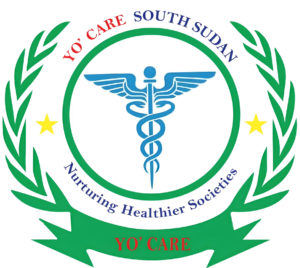805 people had good nutrition including children, pregnant and breastfeeding mothers, the elderly, and people with chronic illnesses (HIV/AIDS, and TB in South Sudan
59% Fifty-nine percent of the population in South Sudan lacks access to safe water, while 61% of the population practice open defecation. Families may be forced to drink dirty water to survive, putting them at risk of waterborne diseases such as cholera and diarrhea, which remain the leading causes of death among children in South Sudan. The situation is further aggravated by poor hygiene practices. Just 10 percent of the population has access to improved sanitation.
We work towards achieving SDG 6 by delivering services to enable access to safe drinking water and sanitation facilities in communities and schools, to people living in ultra-poverty, hard-to-reach, climate-affected, and underserved urban areas, including the Mangateen IDPS camps and host communities in Jebel Kujur. Our multidimensional approach is encouraging positive behaviour change through our work in communities and schools, promoting hygiene and menstrual hygiene awareness, solid waste and faecal sludge management, and financing WASH markets to support water and sanitation entrepreneurs and clients.
